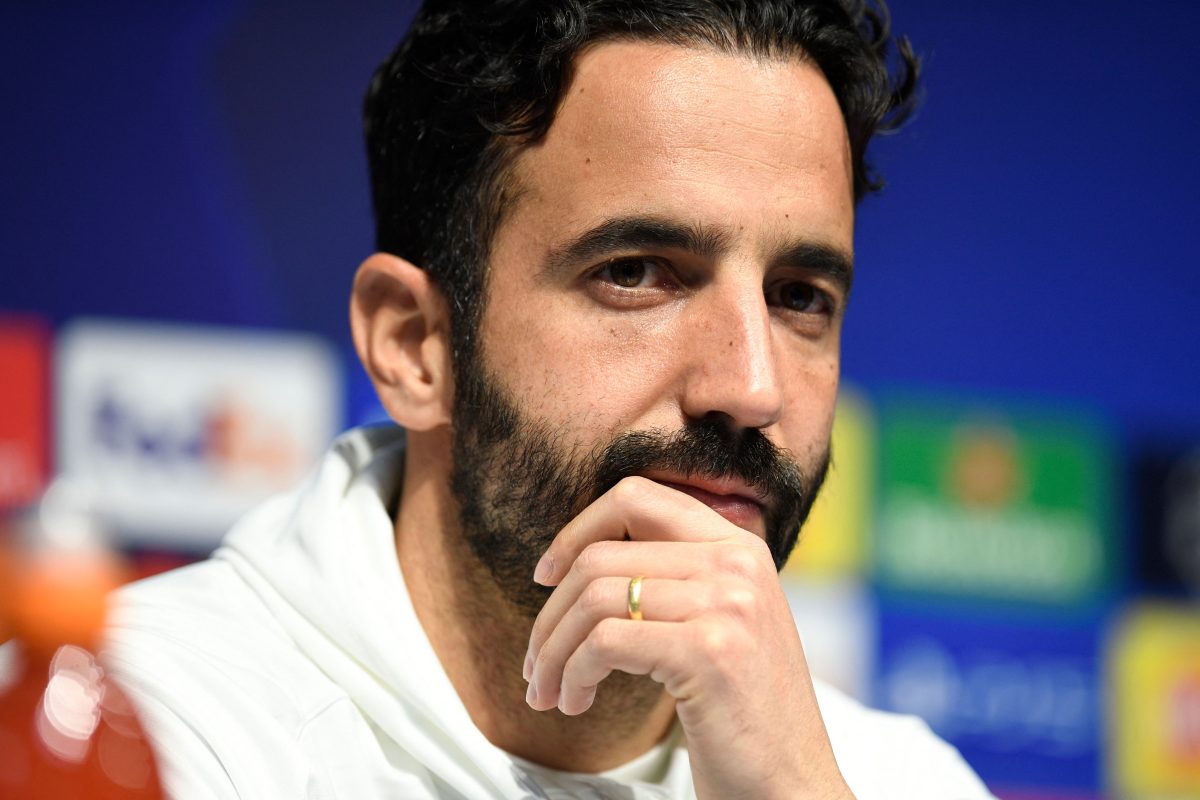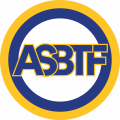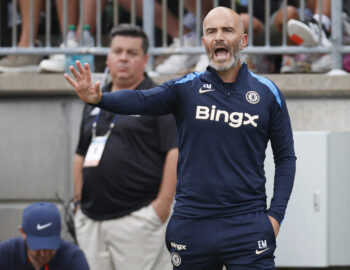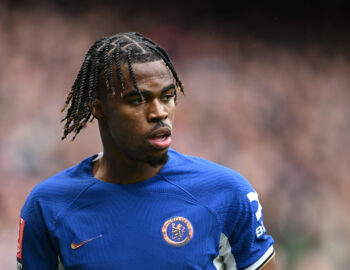Chelsea are open to appointing Liverpool target Ruben Amorim to succeed Mauricio Pochettino
According to Eurosport, Ruben Amorim, the Sporting CP manager, has emerged as a potential candidate for the managerial position at Stamford Bridge, highlighting Chelsea’s intention to explore diverse options in their search for a new leader.
The pressure is undoubtedly mounting on Pochettino as he navigates a pivotal season with Chelsea. While his tenure has shown signs of improvement, particularly in certain aspects of the team’s performance, the overall results have not met the lofty expectations set by the club’s ownership and supporters. With Chelsea currently languishing in 11th place in the Premier League, there is a sense of urgency to secure a position in European competition, a benchmark that could determine Pochettino’s future with the club.
The possibility of Liverpool also eyeing Ruben Amorim as a potential replacement for Jurgen Klopp adds another layer of intrigue to the managerial landscape in the Premier League. As both clubs seek to address their managerial situations, the competition for top-tier talent intensifies, underscoring the competitive nature of English football and the importance of securing managerial expertise capable of navigating the complexities of elite-level competition.
While Amorim’s success at Sporting CP is undeniable, with the Portuguese club thriving under his guidance, it remains to be seen whether he possesses the requisite experience and acumen to navigate the unique challenges facing Chelsea. Whether a potential move for him has accelerated thanks to Liverpool’s interest remains to be seen.
Indeed, the appointment of a manager must consider various factors beyond just their track record of success. Compatibility with the existing squad, tactical flexibility, and the ability to instil a winning mentality are all crucial considerations in the decision-making process. Additionally, the manager’s vision for the team and their ability to implement strategic changes and improvements must align with the club’s long-term objectives and aspirations.
Pochettino’s tenure at Chelsea has demonstrated both promise and areas for improvement. While he has initiated positive changes and adapted tactics to suit the team’s strengths, there remains a need for greater consistency and competitiveness, particularly in key matches. Ultimately, the players bear responsibility for their performance on the pitch, but the manager’s role in shaping and motivating the team cannot be understated.

Comparing the managerial styles of Mauricio Pochettino and Ruben Amorim reveals some similarities, particularly in their approach to team buildup and tactical organization. Both managers prioritize structured and methodical buildup play, relying on the technical abilities of their players to execute their game plan effectively.
Pochettino, for example, has been known for his emphasis on pressing and intensity, while also incorporating elements of positional play and fluid attacking movement. On the other hand, Amorim’s approach at Sporting CP may prioritize defensive solidity and compactness, with a focus on positional discipline and controlled possession to create scoring opportunities.
More Chelsea News
- Four Chelsea stars Marc Cucurella, Thiago Silva, Romeo Lavia and Benoit Badiashile could return from injury vs Newcastle United
- Ben Jacobs names Chelsea stars whose sale can help club retain Conor Gallagher
- Chelsea identify Roberto De Zerbi as an option to replace Mauricio Pochettino
Considering the resources and squad dynamics already in place at Chelsea, it could be more prudent to stick with Mauricio Pochettino rather than pursue Ruben Amorim or any other manager who may require significant time and resources to implement their preferred style and philosophy.
Rather than undergoing another period of upheaval and adjustment under a new manager. This continuity could ultimately lead to greater cohesion and success on the field, as the players become more familiar with Pochettino’s methods and the team’s identity solidifies.





